Over the past few years, I’ve been increasingly curious about how our environment, particularly artificial lighting, impacts our health and performance. Recently, I came across the work of neurosurgeon Dr. Jack Kruse, and his insights into blue light have been eye-opening.
The Hidden Danger of Blue Light
We’re all surrounded by blue light. It’s in our phones, computers, TVs, and the overhead lights we sit under daily. But what most of us don’t realize is how detrimental this constant exposure can be to our health. According to Dr. Kruse, blue light, particularly after sunset, disrupts our natural circadian rhythms—the internal clock that tells our bodies when to wake up, eat, and sleep.
When blue light hits our eyes at the wrong times, it confuses the body into thinking it’s still daylight. This affects the production of melatonin, the hormone that helps us wind down and prepare for restful sleep. The result? Poor sleep quality, fatigue, and long-term disruption to our overall health.
Sleep and Performance
One of the first things I’ve noticed since learning about the effects of blue light is how deeply it affects my sleep—and not in a good way. If you’re like me, you’re probably on your laptop or phone late into the evening, finishing up work or catching up on texts and social media. It’s easy to ignore the impact that has on our ability to truly rest.
Dr. Kruse emphasizes that blue light exposure can lead to more than just tired mornings. Chronic exposure, especially at night, can contribute to more serious conditions like insulin resistance, weight gain, and even neurodegenerative diseases over time. In short, blue light is not just keeping us from a good night’s sleep; it’s impacting our long-term health and performance.
It’s Not Just About Screens
You might be thinking that the solution is to slap on a pair of blue-light-blocking glasses and call it a day. And while they certainly help, Dr. Kruse taught me that the problem goes much deeper than just our screens. The artificial light in our homes and offices is often loaded with blue light, too. Fluorescent lights, LEDs, and even the energy-efficient bulbs we use can all mess with our circadian rhythms.
The solution? One strategy Dr. Kruse suggests is to focus on getting more natural light during the day, particularly in the morning. Sunlight helps regulate our internal clock and counteracts some of the damage caused by artificial lighting. He also recommends limiting blue light exposure in the evenings, especially within two hours of bedtime. This is when the body naturally shifts into repair mode, and artificial light throws that process off balance.
Small Changes, Big Impact
Since learning about the dangers of blue light, I’ve made a few simple changes, and the results have been noticeable. I’m more conscious of my evening habits—reducing screen time before bed, using warm lighting in the house at night, and getting outside more during the day. And guess what? I’m sleeping better, feeling more energized in the mornings, and I’ve noticed a clearer mental focus throughout the day.
The lesson here? It’s not about making massive changes overnight. Start small—swap out harsh lighting in your home, take a break from your screen in the evening, or get outside in the morning. Your body will thank you.
Why It Matters
At the end of the day, our health is our most valuable resource. I’ve always believed that taking care of our physical and mental well-being is the foundation for leading, coaching, and inspiring others. Learning about blue light’s impact on health has been a reminder that optimizing our environment—whether it’s at work or home—is key to being at our best.
So, if you’re feeling more tired than usual, struggling with sleep, or just looking for ways to boost your energy and focus, start by rethinking your relationship with blue light. Sometimes, the smallest tweaks can lead to the biggest transformations.
-Michelle Ellis
